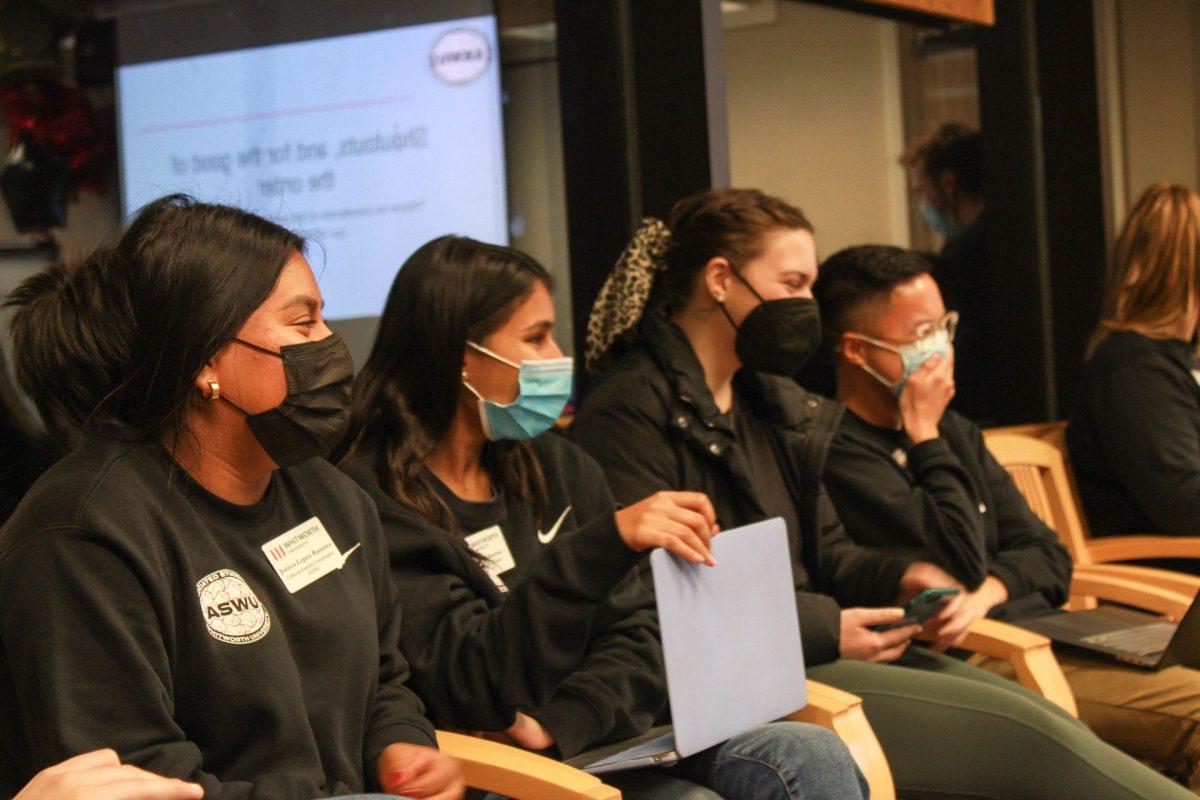
After a long year of canceled programs due to COVID-19, Whitworth University Off-Campus Programs (OCP) were finally able to return to their semi-normal working operations, though two Off-Campus Jan Term Programs were canceled due to COVID-19, and at least four other programs reported positive COVID-19 cases.
Rebecca Gahl-Patridge, the overseer of the faculty-led programs and Assistant Director of Off-Campus Programs, says there was a total of 19 programs offered during the Jan term and Spring term of 2022, including the two canceled due to COVID-19.
“In AY [Academic Year] 2022, our programs traveled or are traveling to 13 different countries including the U.S.,” said Gahl-Patridge.
To handle positive cases, “We [OCP] respond on a case-by-case basis; in every scenario we work to ensure students showing symptoms or testing positive are able to quarantine/isolate from the rest of the group and rejoin after the CDC-recommended five day period,” says Gahl-Patridge.
Maggie Bick, a third-year student enrolled in CASP, the Central America Study and Service Program, says that prior to the departure of her group’s five month program, she and her peers had to “remain really hopeful,” as they didn’t know if the program would be cancelled or delayed when the new Omicron variant was first announced.
Bick has been studying in Guatemala and Costa Rica since the beginning of January and will continue to do so until May of 2022.
Each student in her program has been given five rapid tests to ensure they can quickly test and then immediately isolate if any of them begin to show COVID-19 symptoms. As of publication in March, none of them have tested positive.
As a form of support, the OCP office provides a COVID-19 Contingency Planning
document for possible scenarios within the different types of programs. Some of the scenarios accounted for include: steps to take if there are positive tests prior to departure, meeting entry requirements to various countries and handling COVID-19 disruptions toward the middle and end of the program.
The document also includes “important considerations for faculty leaders” as well as “travel resources,” like links to country-specific information, CDC guidelines and a Delta airlines interactive map. There are also lists of important points of contact for trip members and others to use if questions arise before, during or after travel.
COVID-19 restrictions vary throughout different countries, and students are expected to adapt to them as they engage in their opportunities to study abroad. Gahl-Patridge says the amount of countries offered for off-campus programs depends on the year and number of proposed programs submitted by faculty program leaders.
Jessica Lopez, a third-year student who studied Early Christian Sites and Byzantine Art in Greece, says she had “lots of fun,” even with strict COVID-19 restrictions.
“With the pandemic, I think Greece was a little bit more quiet than unusual, but the Greek hospitality made being on the trip so wonderful,” said Lopez.
According to Lopez, about three students were moved to separate hotel rooms when they started to experience COVID-19 symptoms, though none of them tested positive.
Regardless of the location and size of the programs, COVID-19 restrictions have created a unique experience for all studying off campus this Jan Term and Spring Semester 2022, with students voicing both their gratitude and appreciation to do an off campus program despite the continuous challenges of COVID-19.















Dylan Thiel • Mar 8, 2022 at 3:56 am
Great article!